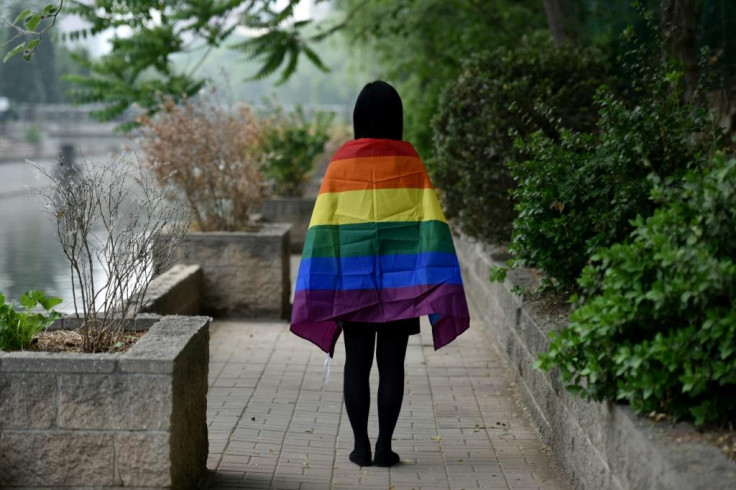
The highest civil court in Scotland recently made a ruling regarding the UK government's intervention in Holyrood's gender reform bill, deeming it lawful to block the legislation.
This bill, which aimed to simplify the process of changing legally recognised gender, had been passed by Members of the Scottish Parliament (MSPs) in December, leading to a constitutional dispute when the UK government utilised a Section 35 order to prevent it from receiving royal assent and becoming law in January.
The contention arose primarily from Scottish Secretary Alister Jack's argument that the bill clashed with equality laws across the UK and could potentially create complications due to differing systems of gender recognition between Scotland and England.
The Scottish government challenged this decision legally, leading to a three-day hearing at the Court of Session in September. In a recent judgment, Lady Haldane affirmed the lawfulness of the UK government's decision to impede the bill's progress.
This ruling has sparked varied reactions. Scottish Secretary Alister Jack welcomed the decision, urging Scottish ministers to redirect their focus and resources toward pressing matters in Scotland, such as economic growth and reducing NHS waiting lists.
However, First Minister Humza Yousaf expressed disappointment, characterising it as a "dark day for devolution", emphasising that true self-governance could only be secured through independence. Despite respecting the court's judgment, Yousaf underscored the importance of sovereignty lying with the Scottish people rather than a Westminster government that wasn't elected by them.
Similarly, Meghan Gallacher, deputy leader of the Scottish Conservatives, labelled the ruling a "humiliating defeat" for the SNP and Yousaf, condemning their use of public funds for what she termed a failed court case. She pointed out concerns regarding the Gender Recognition Reform Bill, particularly its principle of self-identification, which she argued jeopardised the safety of women and girls.
In contrast, the Scottish Greens voiced their distress, describing it as a "devastating day for equality and democracy". Maggie Chapman, the party's equality spokesperson, denounced the decision as an affront to basic rights and equality for marginalised communities. She highlighted the demoralizing impact on parliamentary decisions, knowing that Westminster could potentially veto legislation based on their preferences.
The Gender Recognition Reform (Scotland) Bill, which sought to simplify gender change processes in line with international standards practised in countries like Ireland, Canada and New Zealand, faced criticism from various quarters.
Critics contended that the proposed changes undermined women's rights and single-sex spaces. The bill aimed to eliminate the requirement for diagnoses or medical reports, reducing the duration for adult applicants to live in their acquired gender to three months.
Teenagers aged 16 and 17 would have been required to live in their acquired gender for at least six months when applying for a gender recognition certificate.
Colin Macfarlane from LGBTQ+ charity Stonewall expressed disappointment with the ruling, highlighting the renewed uncertainty faced by trans individuals in Scotland. Macfarlane highlighted the need for progress in LGBTQ+ rights, aligning with leading international practices.
In essence, the court ruling's implications are far-reaching, sparking debates over sovereignty, equality and the direction of legislation pertaining to gender recognition in Scotland.
The decision not only affects the fate of this particular bill but also raises broader questions about the balance of power between Scotland and Westminster, as well as the rights and safety of marginalised communities.







